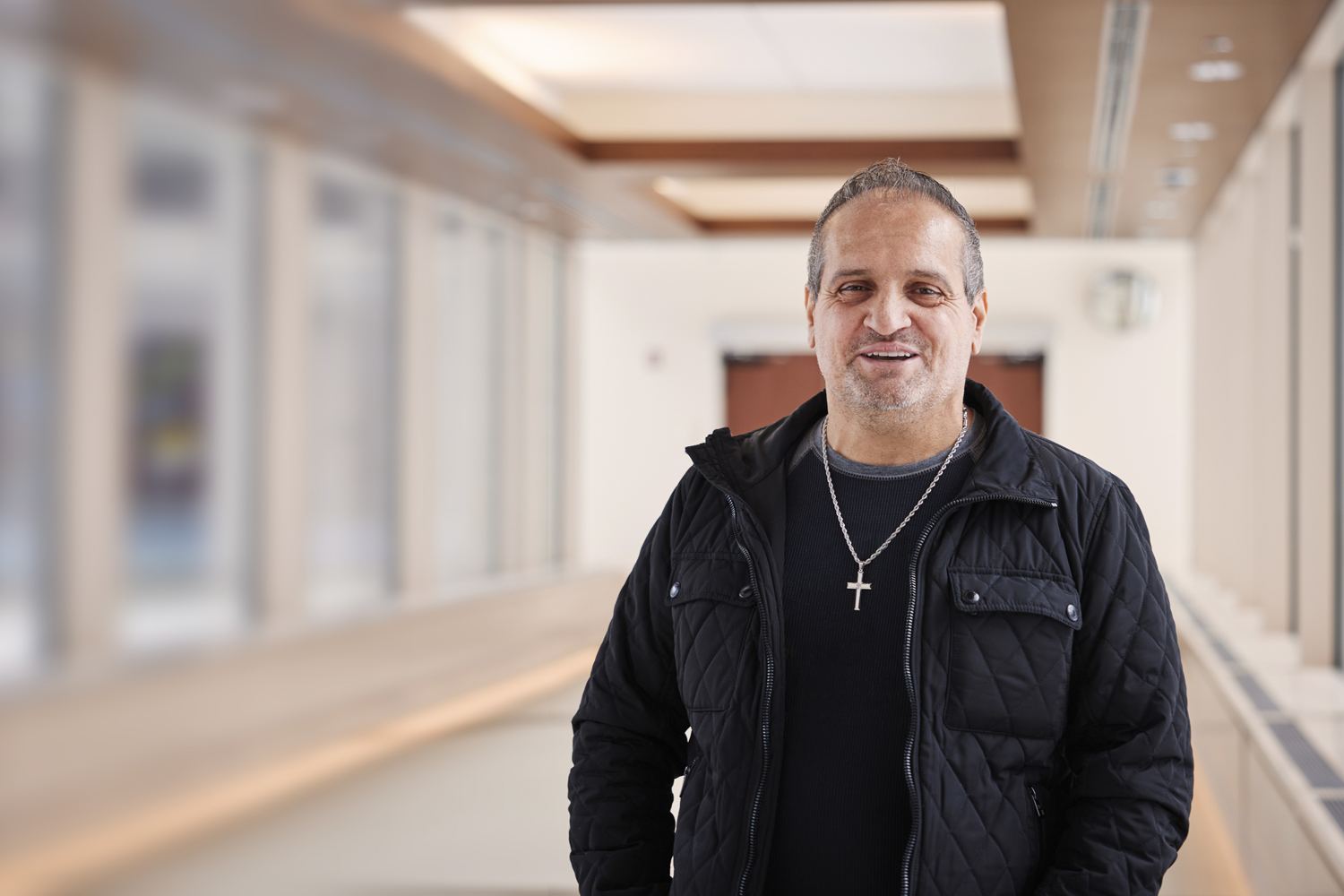Spring 2023 Vol. 13 Issue 01
-
From the Editor-in-Chief
One-stop ShoppingTheranostics offers the promise of combining diagnosis and treatment.
by William G. Nelson, MD, PhD
-
Your Cancer Guide
A Little PlanningTake these steps to help prepare for cancer treatment.
by Hester Hill Schnipper
-
Caregiving With Confidence
Caring for the CaregiverTaking time for yourself, even for a short period, can provide perspective and bolster your reserves.
by K.J. Bannan
-
Policy Matters
Early-career Cancer Researchers Return to WashingtonAACR Early-career Hill Day allows associate members to visit Capitol Hill and advocate for medical research funding.
by Matt Gontarchick
-
Add It Up
Immunotherapy combination treatments are the first choice for treating many advanced cancers, and more combinations are coming.
by Kendall K. Morgan
-
Colorectal Cancer in Young People
While colorectal cancer incidence has gone down among older people, incidence rates have steadily increased for people under age 50. Younger people are more likely to be diagnosed at a later stage and have unique challenges that come with facing cancer in their prime.
by Erin O’Donnell
-
Men and Cancer
Researchers are striving to understand why men are more likely than women to get and die from many types of cancer.
by Charlotte Huff
-
Survivor Profile
The Power of PersistenceAlbert Khoury’s determination to explore all treatment options for his rare lung cancer led to a lifesaving transplant surgery.
by Thomas Celona
-
Q&A
Tangled Family TiesSusan Keller’s best hope at keeping cancer at bay meant tracking down a brother who didn’t want to be found.
by Marci A. Landsmann
-
Get Involved
Making Home a HavenDesigning Dreams performs bedroom makeovers for children with cancer.
by Thomas Celona
-
Facts and Stats
Counting the CostCancer deaths linked to cigarette smoking account for millions of years in lost lives and billions of dollars in economic burden.
by Thomas Celona
Participating in a structured exercise program after treatment was associated with a reduced risk of recurrence in people who had colon cancer.
by Sandra Gordon
Gaps in Survivorship Care Leave Unmet Needs After Cancer TreatmentA survey of head and neck cancer survivors reveals that many are not getting adequate survivorship care and may not even know it is available.
by Cameron Walker
Improving Communication for Deaf Cancer PatientsAfter a cancer diagnosis, people who are deaf or have hearing problems can struggle if accommodations don’t meet their communication needs.
by Eric Fitzsimmons
Is Immunotherapy Right for People Hospitalized With Advanced Cancer?Researchers find no evidence that immune checkpoint inhibitors benefit cancer patients getting inpatient care. They urge earlier consideration of palliative care.
by Kyle Bagenstose



















